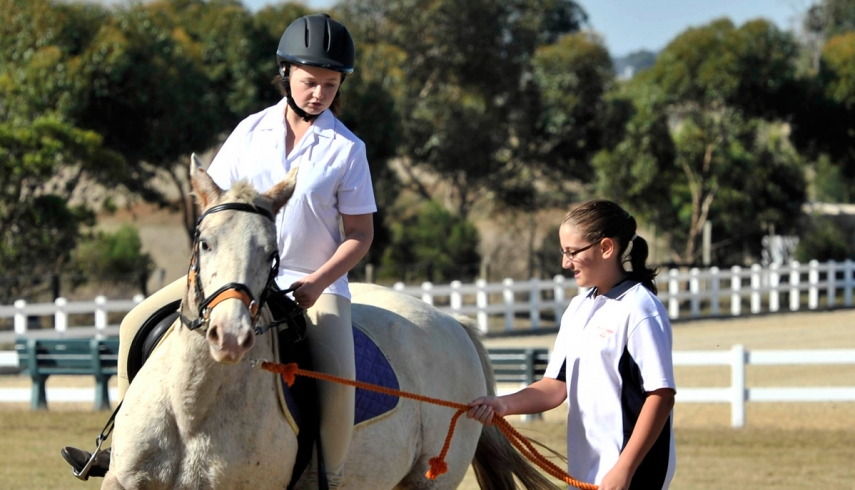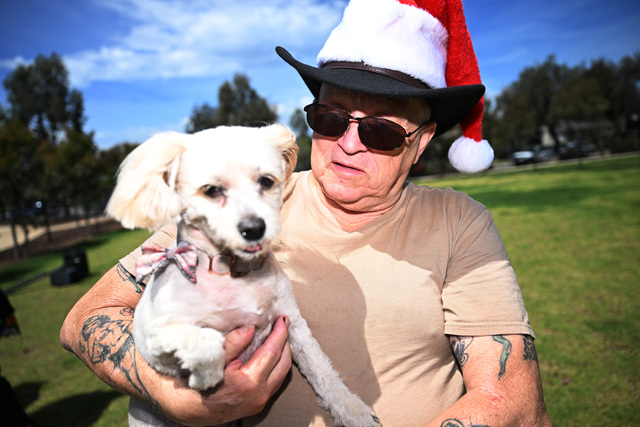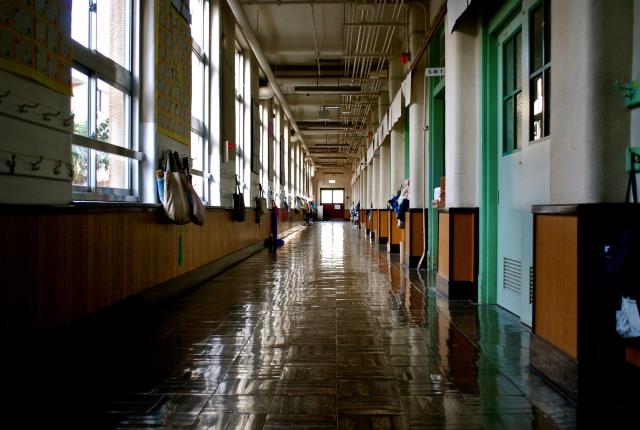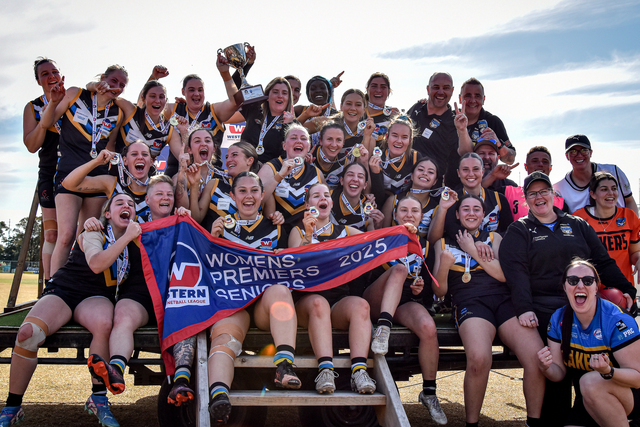Playing all the games we associate with able-bodied athletes is an option being increasingly taken up in the city’s north- west, as Tara Murray reports.
ROXBURGH Park’s Naz Erdim feared for his future after a diving accident left him a quadriplegic. The thought of not ever playing sport again was the least of the then- 20-year-old’s concerns.
‘‘I wasn’t really sure and didn’t know what to expect. While I was in rehab they told me about different sports I could still play.
‘‘They told me about wheelchair rugby. Once I’d watched it, I really loved how they crashed and bashed on the court and were really good friends off the court.
‘‘Most people are confused when they first see wheelchair rugby. They picture us on a rugby paddock. We play on a basketball court and it looks quiet dangerous.’’
Move forward 20 years and Erdim is competing in his fourth Paralympics in London.
‘‘It feels pretty good and it’s really special and we are looking forward to it, ’’he said before leaving. ‘‘We won silver in Sydney and Beijing and we’re pretty confident of going well in London.’’
As Erdim takes to the court in London, it’s also an opportunity to look at what sports are available for both physically and intellectually disabled people.
For most it’s not about competing at the top level; it’s about having the opportunities in the first place.
‘‘A lot of the desire for sports is driven by the parents,’’ says Wyndham’s Access All Abilities community development officer, Wayne Slattery.
‘‘They will contact the YMCA or the council saying my child wants to play a particular sport. We then try and organise something.’’
Slattery says Wyndham is one of the better-equipped areas in Melbourne’s north-west with soft tennis ; light exercise groups; aqua aerobics; carpet, lawn and tenpin bowls; netball; basketball; dance; wheelchair darts; jujitsu and swimming all catered for.
‘‘The aim for us is to get them into mainstream sport and sometimes we have to make some modifications or some rule changes to make this happen.
‘‘We mentor the coaches and provide them with advice on how to work with the children who need more attention.’’
Slattery says wheelchair basketball adds another element to the opportunities available.
‘‘Just say a teenager [in a wheelchair] is playing; his family can compete, too. They get in the wheelchair and it becomes a family thing. Over half of the people in our sessions are able-bodied.’’
The Australian Paralympic Committee’s manager of development and pathways, Tim Matthews, says his team also looks to include disabled sports people in mainstream sport.
‘‘We aim to include our athletes in mainstream sports where we can but you can’t always make it happen.
‘‘Our goal is to include people with a disability in the core business of sport. Segregating them, all it does is make it an issue in many cases … there needs to be more work to include people with disabilities in sporting clubs.’’
The Macedon Basketball Association has been able to do that with its Access All Abilities’ group, in which 50 people are registered.
While they may not play an actual competition, they still enjoy games and play a role on the association’s grand final day.
‘‘We didn’t realise there was a need for a program like this until we were approached in 2008,’’ says Michael Grantham, who’s in charge of the program.
‘‘We ran a trial program in 2009 and the participants enjoyed it so much that we incorporated it in our regular basketball program.
‘‘The youngest person is 10 and the eldest 74 and there’s all ages in between.
‘‘Each week they have a skills session, followed by a half-court game.’’
Tennis Victoria has 24 clubs, with programs for people with disabilities, including wheelchair tennis. South Gisborne Tennis Club is the only club in Melbourne’s north-west to have such a program.
‘‘We’ve been running it for 12 years,’’ says coach Gail Scott.
‘‘We have the Sunbury Macedon Specialist School come down and Distinctive Options from Sunbury [provider of disability support and training programs] has sessions every week.
‘‘We’re looking at expanding it more. We would eventually like to run a competition.’’
Scott says funding given to them earlier this year means they’ll be able to cater for more people in wheelchairs.
‘‘We now have to carry them onto the court. We are just waiting for the right weather to install ramps and bigger doors so they’ll be able to play on our hard courts.’’
Western Australian-based Cricket Champs is another program looking to set up something similar, with the chance for kids to move into mainstream teams.
Now with clubs in WA and New South Wales, Cricket Champs wants to expand into Victoria.
‘‘There’s very limited opportunities for kids with disabilities to play sport,’’ says Justin Sambell
‘‘Many parents are reluctant to enrol their kids in sport. Programs like this give them a chance to start playing sport then move into mainstream sport, which they mightn’t have thought was possible.’’
While there is a focus on trying to get disabled people into mainstream sports clubs, there are still many sports groups focusing just on people with disabilities.
The Special Olympics has started a Community Sports Link program, designed for special schools and disability service providers to get people involved in weekly sports training.
‘‘Part of my role is to facilitate this program and others north-west of Melbourne. This term, I’ve got eight schools I’m working on with soccer,’’ says Lessey Hodgkinson, who runs the program in Melbourne’s north-west
‘‘We try to get them into the routine of training once a week, try and get them into a competition with a Special Olympics feel about it.’’
It’s through the Special Olympics program that Helping Hoops has started running free basketball training sessions for intellectuality disabled children.
Having already established programs for disadvantaged youth, founder Adam McKay said they were asked to look at running skills sessions for intellectually disabled children.
They recently moved their north-west program from Footscray to Broadmeadows.
Sunbury Jets basketball coach Mike Spears is one of the coaches in the program.
‘‘When I started we had one program and Adam said I had one coaching job for you per week, and now we’re doing four programs, two to three hours a day,
‘‘This area needs it. We used to do it at VU, most of the players were from Ascot Vale and some out of Werribee, but since we’ve been relocated its starting brand new here.’’
Jets player Jay Boyle is also involved in the program and is looking at bringing it out to Sunbury, having already visited the Sunbury Macedon Specialist School.
Melton’s Riding for the Disabled Association is another program based in Melbourne’s north-west.
The centre, which attracts people from places including Melton, Sunbury, Gisborne, Point Cook and Bacchus Marsh, caters for both intellectual and physically disabled people.
‘‘There’s very few children that can’t have the opportunity to participate and we cater for a range of disabilities,’’ says head coach and co-ordinator Margaret Behan.
‘‘We modify the equipment and supervision. Some riders may need three volunteers and lots of supervision, where others will be able to ride by themselves eventually.’’







